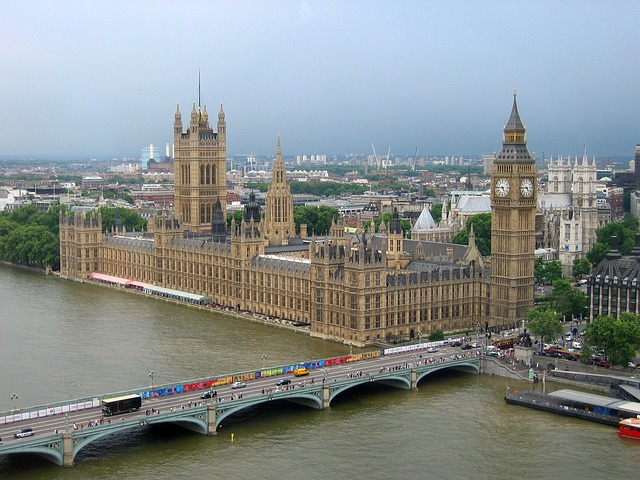
Engaging with Parliament
Ways to engage with Parliament
There are a variety of ways researchers can engage with Parliament, allowing them to exchange expertise, information and ideas with parliamentary officers.
Here are some of the main routes and channels researchers can take when looking to engage with Parliament.
Select committees are groups of parliamentarians whose role is to examine a particular area of government or national policy.
- See a list of open calls to submit evidence to Select Committees
- Find out more about Select Committees
- Find out more about submitting evidence to a Select Committee
- Find out more about giving oral evidence at a Select Committee
All-Party Parliamentary Groups (APPGs) are informal cross-party groups that have no official status within Parliament. They are run by and for Members of the Commons and Lords, though many choose to involve individuals and organisations from outside Parliament in their administration and activities.
- Get in touch with the APPGs relevant to your area of expertise
Find out more about APPGs
A Public Bill Committee is a committee set up by the House of Commons to examine the details of a particular Bill.
- See a list of open calls to submit evidence to Public Bills Committees
- Find out more about Public Bills Committees
Find out more about submitting evidence to a Public Bill Committee
The Knowledge Exchange Unit support the exchange of information and expertise between researchers and the UK Parliament. Working with higher education and beyond, they facilitate and strengthen this exchange of knowledge in a variety of ways.
Resources and support they offer:
- A first point of contact for any researcher wishing to work with or find out more about UK Parliament.
- Online training through a series of webinars for researchers and knowledge mobilisers.
- Weekly round-up email of opportunities for the research community to engage with UK Parliament.
- @UKParl_Research Twitter feed, bringing together opportunities, information and advice for researchers and a platform to interact with teams across UK Parliament.
- Online resources about why and how to engage with UK Parliament.
Facilitation of academic fellowships and other placement opportunities.
Parliament offers fellowships in which academics come and conduct projects at Parliament. There are opportunities for academic researchers at any stage of their career. Find out more about the latest opportunities.
Horizon scanning is used to identify insights on emerging trends and changes. Its aim is to support decision-makers in anticipating future developments, managing risks and pursuing opportunities.
Each horizon scanning process will produce a number of questions for Parliament on which to focus as part of that particular issue.
The Parliamentary Office of Science and Technology (POST) is a research and knowledge exchange service based in the UK Parliament. It works to ensure that the best available research evidence and information is brought to bear on the legislative process and scrutiny of Government. It primarily supports the select committees of both Houses.
POST will:
- publish impartial, non-partisan, timely and peer-reviewed research
- help Parliament to access experts and evidence
- identify emerging areas of interest to Parliament through horizon scanning
- support the exchange of information and expertise between researchers and the UK Parliament through fellowships and other knowledge exchange activities
Share your research and expertise with POST
Are you an education specialist looking at children's wellbeing in schools? Or do you have expertise in quantum technology or energy security? By sharing a few details about your research and expertise for an upcoming POSTnote, you could help Parliament understand key issues in your research area. Find out more about POST.
What is a POSTnote?
POSTnotes are short, peer-reviewed evidence briefings on emerging areas of research produced by the Parliamentary Office of Science and Technology (POST). POSTnotes are widely read by MPs, Members of the House of Lords and parliamentary staff.
POST is keen to hear from researchers with relevant expertise or evidence. Find out about the latest future research POSTnotes opportunities.
Both the House of Commons and House of Lords have a dedicated Library which provides impartial research and information services to support MPs, Lords and their staff.
Resources from the House of Commons Library include:
- insights (quick-read articles)
- research briefings (in-depth analysis of bills and legislation)
- debate packs (summary reports ahead of non-legislative debates)
- data (interactive data and downloadable datasets)
- explainers to help MPs with constituency casework
These resources are authored by a team of Parliamentary researchers. As a researcher, you can introduce yourself to the House of Commons Library by sending a 250 word introduction to keu
If you have factual updates you could contribute to a pre-existing Library briefing, you can also get in contact with the House of Commons Library by emailing papers
Guidance on working with Parliament
TYPE has a number of guidance documents which aim to provide advice, useful links and real examples of common ways in which researchers will work with Parliament.

